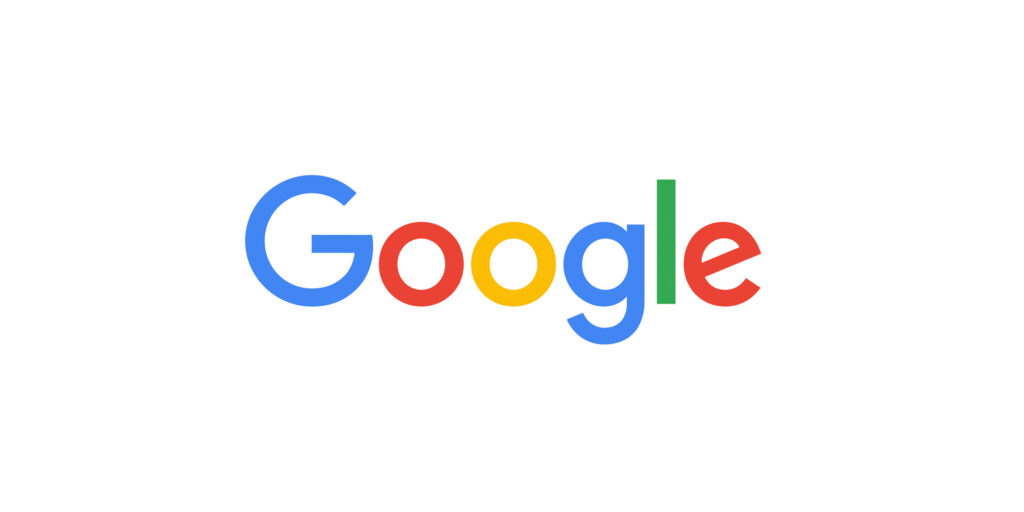Since phasing out cookies, Google says it won’t monitor individual web activity for personalised advertisements.

Google said in a blog post on Wednesday that once it starts phasing out current technologies from its Chrome browser next year, it will not create or use alternative tools to monitor web browsing traffic, in a step that will reshape how online advertising functions. Early last year, Google revealed that it would eliminate third-party cookies, which have been used to allow online advertising for decades, in order to comply with rising data privacy requirements in Europe and the United States.
For years, privacy advocates have chastised tech companies like Google for using cookies to collect web browsing data from websites they don’t own, allowing them to build profiles on users’ preferences in order to deliver personalised ads. Google is now pledging that it will not use other technologies to replace the cookie or create features within Google Chrome to give it access to that data, even as it continues to experiment with ways for companies to target advertising to large groups of anonymous users with shared interests.
“Keeping the internet free and available for everyone requires all of us to do more to protect privacy — and that means ending not only third party cookies, but any technology used for monitoring individual people as they Search the internet,” Google wrote in a blog post.
“This method effectively hides individuals ‘in the crowd,’ and uses on-device processing to keep a person’s Web history private on the browser,” Google product manager Chetna Bindra said when the Federated Learning of Cohorts framework was first announced (FLoC). “The findings show that FLoC can be an efficient substitute signal for third-party cookies when it comes to creating interest-based audiences.”